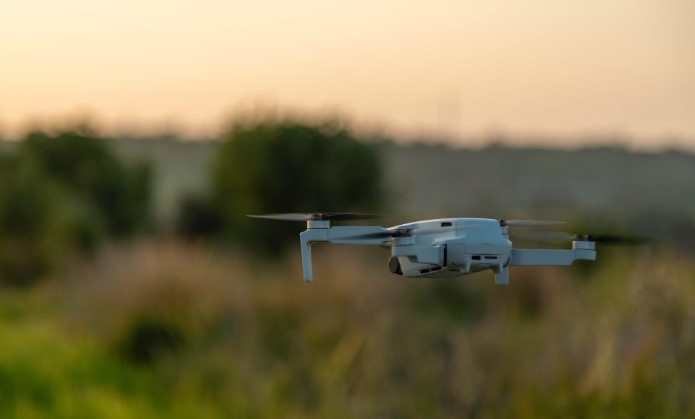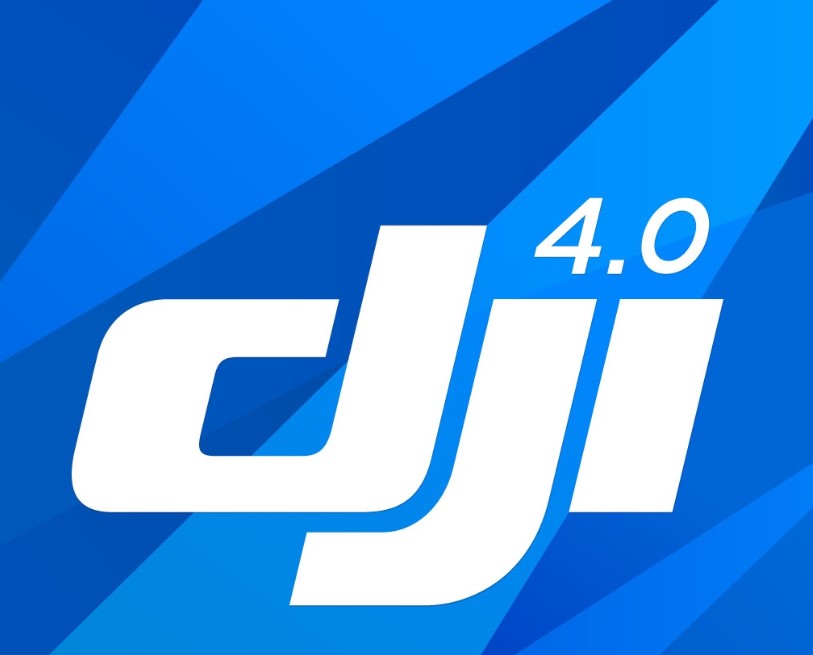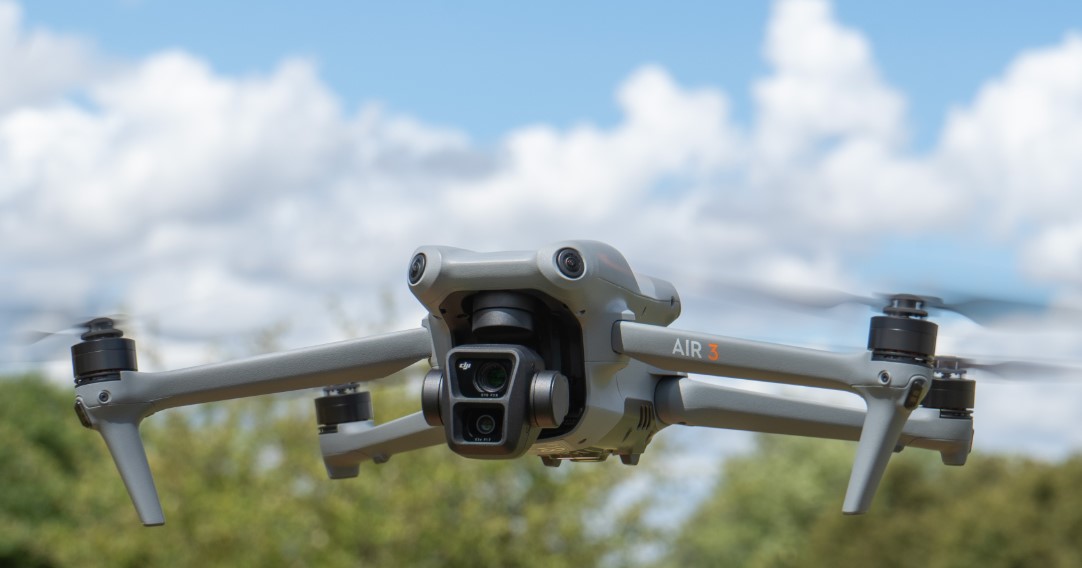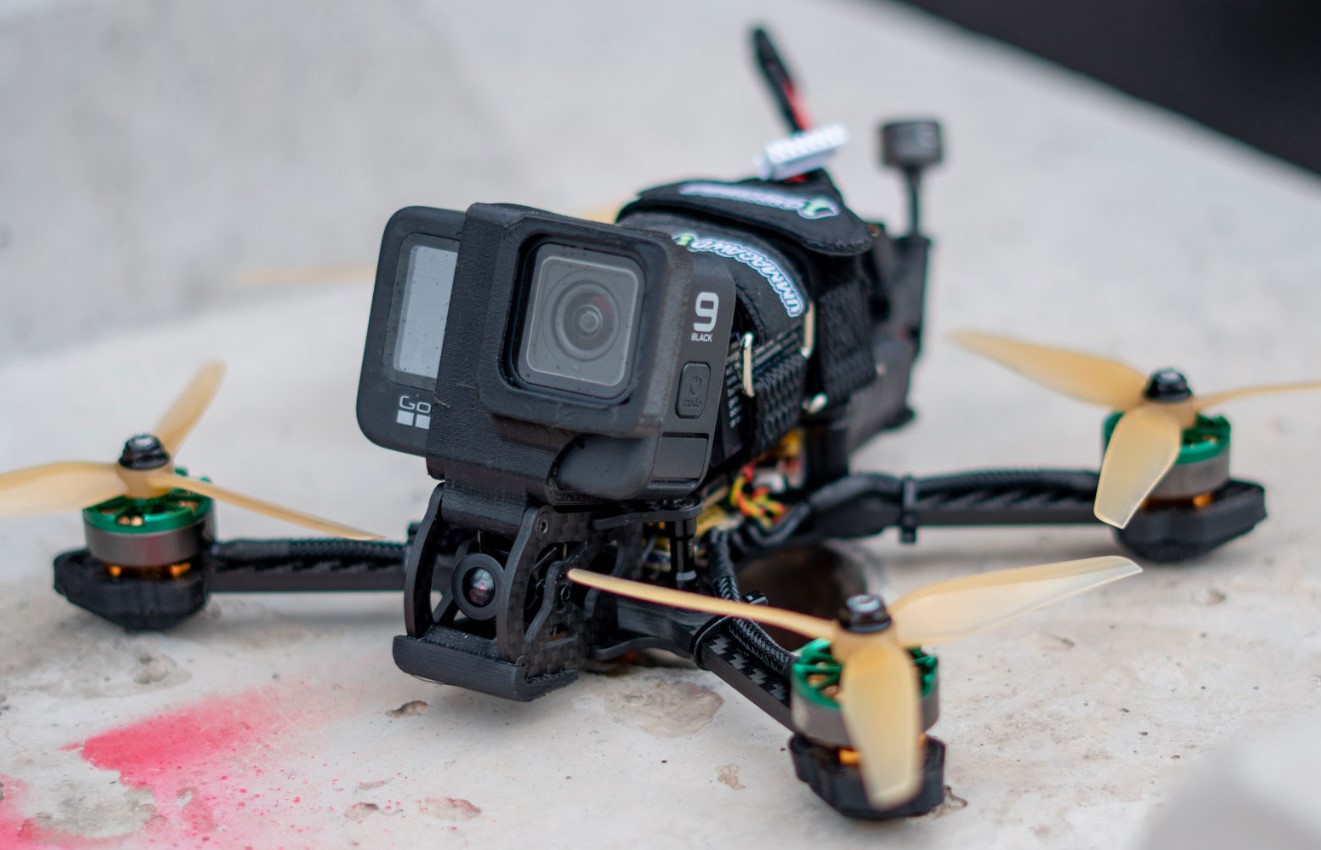The use of drones in wildlife management and hunting practices has grown significantly in recent years. Unmanned aerial systems, commonly referred to as drones, have revolutionized many industries, including agriculture, photography, and even law enforcement. However, their integration into hunting and game recovery has sparked debates across the United States. One specific question that has arisen is: Is drone deer recovery legal in Pennsylvania? In this essay, we will examine the legality of drone-assisted deer recovery in Pennsylvania, the ethical considerations involved, and how the law balances technological advancements with wildlife conservation. Follow Dronevoz.com !!!
The Growing Popularity of Drone Deer Recovery
Drone deer recovery refers to the use of drones equipped with cameras or thermal imaging technology to locate deer, particularly after a hunter has shot and injured an animal. This practice has gained popularity because it can help hunters recover their game more efficiently, especially in dense forests or during nighttime hours when visibility is limited.
In Pennsylvania, deer hunting is a cherished tradition, and hunters often pride themselves on ethical practices, including making clean kills and recovering their game promptly. Many hunters see drone deer recovery as a tool that promotes responsible hunting by maximizing the chances of finding a wounded deer before it succumbs to injury or becomes unrecoverable due to predators, terrain, or time.
However, the use of drones in hunting and wildlife-related activities is not without controversy. While some argue that drones represent a modern solution to long-standing challenges in game recovery, others believe their use may conflict with ethical hunting principles and wildlife conservation laws.
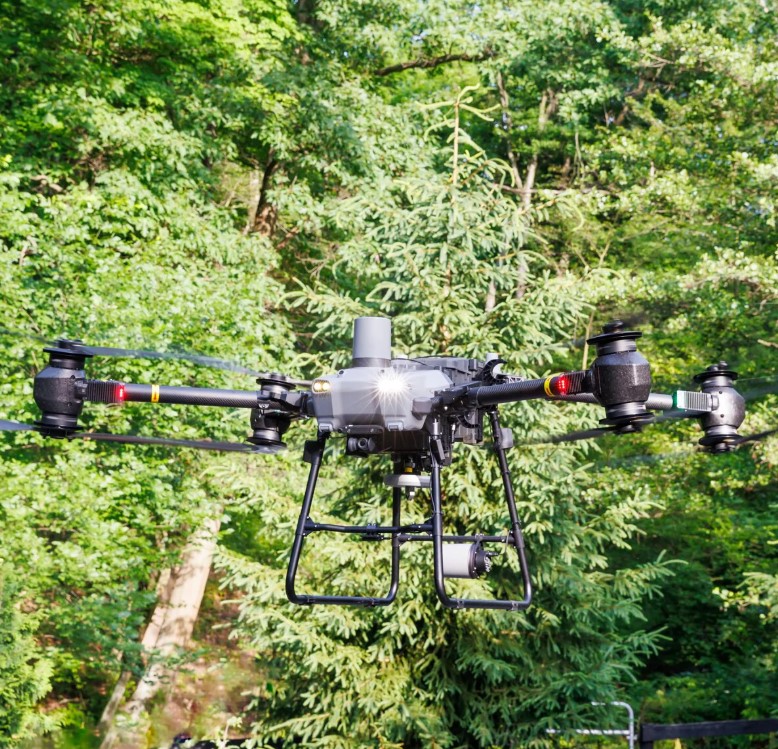
Is Drone Deer Recovery Legal in Pennsylvania?
To answer the question, “Is drone deer recovery legal in Pennsylvania?”, it is crucial to understand the state’s laws governing both drone usage and hunting activities.
In Pennsylvania, the use of drones is regulated by both federal and state laws. The Federal Aviation Administration (FAA) governs airspace and drone operations, requiring drone operators to follow specific guidelines, such as registering their drones, flying below 400 feet, and maintaining visual line-of-sight with the drone at all times. However, when it comes to using drones for hunting-related activities, state laws take precedence.
The Pennsylvania Game Commission (PGC) oversees all hunting and wildlife-related activities in the state. According to the Pennsylvania Game and Wildlife Code, the use of drones for hunting, spotting game, or aiding in the recovery of wildlife is strictly prohibited. Section 2308 of the Game and Wildlife Code explicitly bans the use of any electronic device, including drones, to locate or track wildlife for hunting purposes. This regulation also aligns with Pennsylvania’s broader efforts to ensure fair chase principles, which emphasize giving animals a reasonable chance to evade hunters.
>>> Read More: Is Drone Deer Recovery Legal in Texas?
Why Is Drone Deer Recovery Illegal in Pennsylvania?
The prohibition of drone deer recovery in Pennsylvania is rooted in several key legal, ethical, and ecological considerations.
- Fair Chase Ethics
The principle of fair chase is a cornerstone of hunting ethics. It ensures that hunting remains a sport of skill and effort, rather than one dominated by technological advantages. While drone deer recovery occurs after the hunt, the use of thermal imaging and aerial surveillance is considered by many to undermine the spirit of fair chase. Allowing drones for game recovery could set a precedent for their use in other aspects of hunting, such as locating game before the hunt, which would erode traditional hunting practices.
- Wildlife Disturbance
Drones can disturb wildlife beyond the targeted deer. The noise and presence of drones in natural habitats may stress animals, disrupt nesting sites, or alter migration patterns. The Pennsylvania Game Commission prioritizes minimizing human interference in wildlife ecosystems, and the use of drones is seen as a potential threat to this balance.
- Enforcement Challenges
Legalizing drone deer recovery would create enforcement challenges for wildlife officers. It would become difficult to determine whether a drone is being used solely for recovery purposes or for illegal scouting during a hunt. To maintain regulatory clarity, Pennsylvania has opted for a blanket prohibition on drone use in hunting-related activities.
- Safety and Privacy Concerns
The use of drones in rural areas can raise concerns about safety and privacy. Hunters and property owners may view drones as intrusive, particularly if they are flown over private land without permission. Pennsylvania law reinforces the importance of respecting private property rights, and the use of drones for deer recovery could complicate these boundaries.
Penalties for Using Drones in Deer Recovery
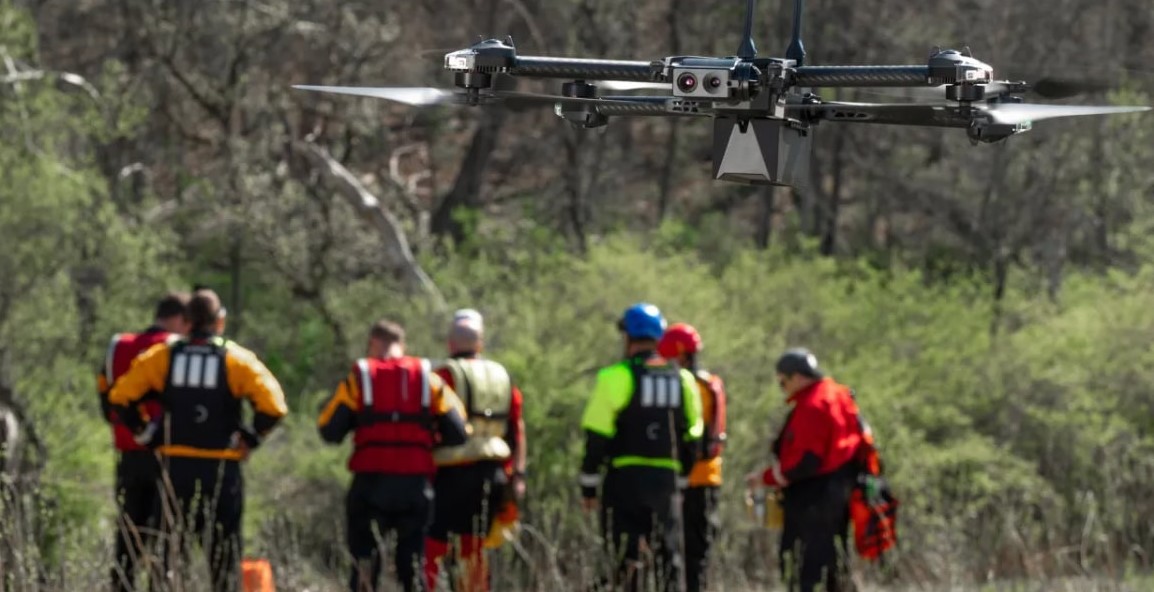
Hunters in Pennsylvania who violate the state’s drone regulations face legal consequences. Using a drone to recover a deer, even with the best intentions, is considered a violation of the Pennsylvania Game and Wildlife Code. Penalties may include fines, the suspension of hunting licenses, and, in severe cases, confiscation of equipment.
Additionally, federal laws may come into play if drone operators violate FAA regulations while attempting to recover deer. For example, flying a drone in restricted airspace or above the allowable altitude could result in additional fines or penalties.
Alternatives to Drone Deer Recovery
While drones are not permitted for deer recovery in Pennsylvania, hunters have several alternative methods at their disposal to recover game ethically and effectively.
- Tracking Dogs
Pennsylvania allows the use of trained tracking dogs to locate injured or dead deer. These dogs, guided by their handlers, can follow the scent trail of a wounded deer over long distances and challenging terrain. Using tracking dogs is a legal and ethical practice that aligns with hunting traditions in the state.
- Manual Tracking
Hunters are encouraged to use their tracking skills to locate game. This involves following blood trails, hoof prints, or other signs left by an injured deer. While this method requires patience and experience, it is a time-honored approach that many hunters view as integral to the hunting process.
- Collaborating with Other Hunters
Many hunters choose to work together to recover game. By enlisting the help of others, hunters can cover more ground and increase the chances of finding an injured deer.
>>> Read More: Is Drone Deer Recovery Legal in Oklahoma?
The Debate on Legalizing Drone Deer Recovery
The growing interest in drone deer recovery has sparked debates among hunters, conservationists, and policymakers. Proponents argue that drones can make game recovery more efficient and reduce the suffering of wounded animals. They also point out that drones can be used responsibly without disrupting wildlife or violating fair chase principles.
On the other hand, opponents believe that legalizing drone deer recovery would lead to a slippery slope, where drones become increasingly integrated into hunting practices, ultimately diminishing the skill and tradition of hunting. They also emphasize the potential for misuse, which could undermine conservation efforts and create enforcement challenges.
Conclusion
In Pennsylvania, the answer to the question, “Is drone deer recovery legal?”, is a clear no. The state’s laws prohibit the use of drones for locating or recovering game, reflecting a commitment to ethical hunting practices, wildlife conservation, and fair chase principles. While drones offer undeniable advantages in various industries, their role in hunting and game recovery remains a contentious issue.
For Pennsylvania hunters, understanding and adhering to these laws is essential not only to avoid legal consequences but also to uphold the values of responsible hunting. As technology continues to evolve, it is possible that the conversation around drone deer recovery will persist, potentially leading to changes in laws and regulations. However, for now, hunters in Pennsylvania must rely on traditional methods, such as tracking dogs and manual tracking, to recover their game ethically and legally.
By maintaining a balance between tradition and innovation, Pennsylvania ensures that hunting remains a fair and sustainable practice that respects both wildlife and the environment.
